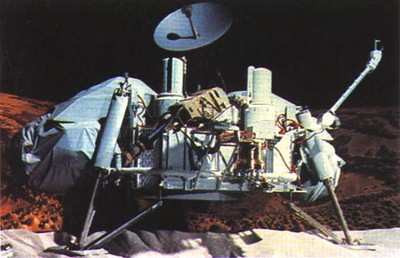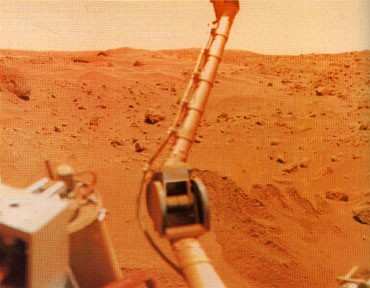Tue, Jan 09, 2007
Advertisement
More News
 ANN's Daily Aero-Term (05.09.24): Hold Procedure
ANN's Daily Aero-Term (05.09.24): Hold Procedure
Hold Procedure A predetermined maneuver which keeps aircraft within a specified airspace while awaiting further clearance from air traffic control. Also used during ground operatio>[...]
 ANN's Daily Aero-Term (05.06.24): Altitude Readout
ANN's Daily Aero-Term (05.06.24): Altitude Readout
Altitude Readout An aircraft’s altitude, transmitted via the Mode C transponder feature, that is visually displayed in 100-foot increments on a radar scope having readout cap>[...]
 ANN's Daily Aero-Linx (05.06.24)
ANN's Daily Aero-Linx (05.06.24)
Aero Linx: European Hang Gliding and Paragliding Union (EHPU) The general aim of the EHPU is to promote and protect hang gliding and paragliding in Europe. In order to achieve this>[...]
 Airborne-NextGen 05.07.24: AI-Piloted F-16, AgEagle, 1st 2 WorldView Sats
Airborne-NextGen 05.07.24: AI-Piloted F-16, AgEagle, 1st 2 WorldView Sats
Also: Skydio Chief, Uncle Sam Sues, Dash 7 magniX, OR UAS Accelerator US Secretary of the Air Force Frank Kendall was given a turn around the patch in the 'X-62A Variable In-flight>[...]
 Aero-News: Quote of the Day (05.07.24)
Aero-News: Quote of the Day (05.07.24)
"The need for innovation at speed and scale is greater than ever. The X-62A VISTA is a crucial platform in our efforts to develop, test and integrate AI, as well as to establish AI>[...]
blog comments powered by Disqus





